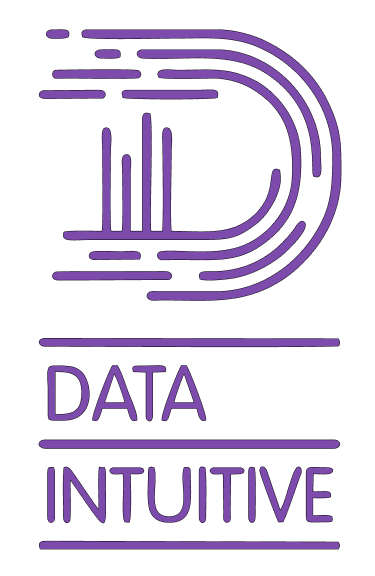Speakers
-
Director of Helmholtz Munich Computational Health Center and Scientific Director of the Helmholtz Artificial Intelligence Cooperation Unit (Helmholtz AI)
Fabian Theis is a Full Professor at the Technical University of Munich, Associate Faculty at the Wellcome Trust Sanger Institute and member and/or coordinator of various initiatives. He uses artificial intelligence to unlock the secrets of human cells.
-
Rob Patro is an associate professor of Computer Science at the University of Maryland, and a member of the University of Maryland Institute for Advanced Computer Studies (UMIACS) and the Center for Bioinformatics and Computational Biology (CBCB). His main research interests are in the design of algorithms and data structures for processing, organizing, indexing and querying high-throughput genomics data and in the intersection between efficient algorithms and statistical inference. A current research focus of his lab is the development of computational methods for accurate, efficient and uncertainty-aware transcriptome analysis using RNA-seq (both bulk and single-cell with both long and short reads) as well as on the design of scalable (often succinct) data structures for indexing and querying genomes and raw sequencing data. He is a core developer and maintainer of the salmon, alevin, alevin-fry and simpleaf software tools, and his lab develops a number of open-source tools for high-throughput genomic and transcriptomic analysis, most of which are available from GitHub at https://github.com/COMBINE-lab.
-
Co-founder & CEO of Lamin
Alex works on an open-source data platform for biology at Lamin. Previously, he created Scanpy and led the build-up of Cellarity’s compute platform.
-
Maria Brbic is an Assistant Professor of Computer Science and Life Sciences at EPFL. She develops new machine learning methods and applies her methods to advance biology and biomedicine. Her methods have been used by global cell atlas consortia efforts aiming to create reference maps of all cell types with the potential to transform biomedicine, including the Human BioMolecular Atlas Program (HuBMAP) and Fly Cell Atlas consortium. Prior to joining EPFL in September 2022, Maria was a postdoctoral fellow at Stanford University, Department of Computer Science. Maria received her PhD from University of Zagreb in 2019 while also researching at Stanford University as a Fulbright Scholar and University of Tokyo. Among other recognitions and awards, she was named a rising star in EECS by MIT in 2021, received the Josip Loncar silver plaque for outstanding PhD thesis in 2019 and the Early Career Bioinformatics Award by SIB in 2023.
-
Head of Comp Bio @Insitro
Angela is the head of computational biology at insitro, working at the forefront of building datasets and ML models to improve understanding of disease mechanisms with the goal to transform drug discovery and development. She is passionate about extracting meaningful information from biomedical datasets and using it to improve disease understanding and drug development. Angela holds a BSc and MSc in Biomedical Engineering and a PhD in Systems Biology. Before moving to insitro, she led the Data Science platform at CZ Biohub. There she made significant contributions for the whole organism cell atlas projects including the first whole mouse cell atlas (Tabula Muris), the first aging cell atlas (Tabula Maris Senis), and Tabula Sapiens, one of the first Human Cell Atlas drafts. She is also a founder and core member of Open Problems in Single Cell, a community effort to improve multimodal data analysis by both generating gold standard datasets and benchmarking metrics and infrastructure.
-
Christina Leslie is a Member of the Computational and Systems Biology Program at MSKCC in New York and a Professor of Physiology, Biophysics, and Systems Biology in the Tri-I Computational Biology and Medicine Program through Weill Cornell Graduate School. Her group develops statistical and machine learning methods for single-cell and regulatory genomics, with applications to basic and cancer immunology, cancer epigenetics, and stem cell biology and development.















